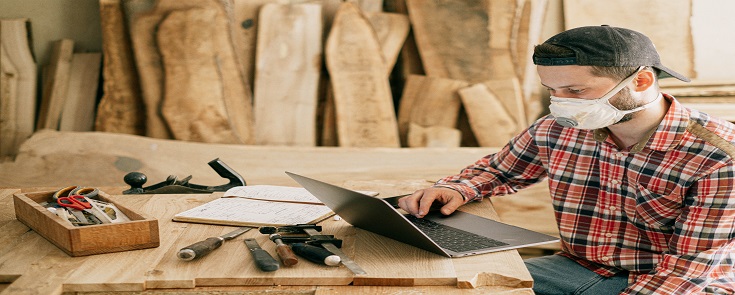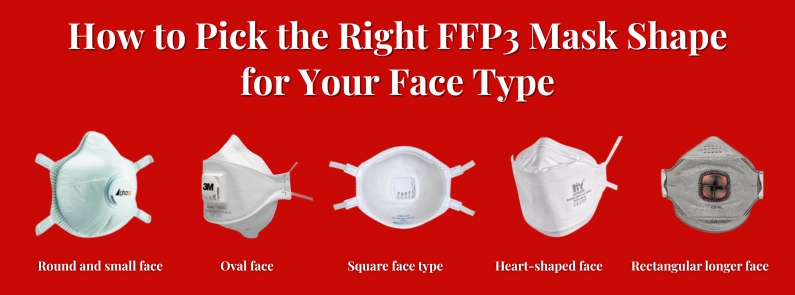
The COVID-19 pandemic has had huge implications for global businesses. As lockdowns restricted travel, remote working turned into an effective solution to prevent transmission while continuing business operations. Work-From-Home (WFH) became a global practice that is expected to continue until an effective vaccine is not introduced.
But even though employees are no longer required to work from an office, the COVID risk remains at remote working locations too. This is especially critical for employees who’ve started working from co-working spaces. If you’re looking for ways to enhance the safety of your remote working routine, here are a few effective tips that can help-
1. Wash and Sanitize
One of the most effective ways to protect yourself from COVID exposure is to wash your hands at regular intervals. Scrub your hands with soap at least for 20 seconds, including the palms, fingers, and the back of your hand, for enhanced safety. Once done, rinse the hands under running water before drying them with a clean towel.
Similarly, in between hand washes, you should also sanitize your hands. It is generally recommended that people sanitize their hands at least once every hour or as per the nature of their job and location. Keep a small bottle of sanitizer with you at all times, especially when you don’t have access to water and soap for washing your hands.
2. Wear Good Quality Mask
If you’re working at a remote location that is being used by other employees or a co-working space, ensure that you always wear your mask. You can consider an FFP3 dust mask for added protection. Remember that both your nose and mouth can spread or be entry points for the virus.
So, the mask you purchase should fully cover your nose and mouth. Also, the mask should have a comfortable fit on your face. In no way the face mask should restrict your breathing.
3. Cover Mouth and Nose While Sneezing or Coughing
If you are working from home and not wearing a mask, you should still take precautions for the safety of your family members. For instance, you should always cover your mouth and nose while you sneeze or cough. You can use your sleeve or tissue for the same. Make sure that you discard the tissue safely after use.
For high-risk locations or co-working spaces, consider respirators such as 3M 6000 respirator as it offers more safety compared to any standard mask. As these respirator masks also feature a Cool Flow valve, they facilitate breathing when working in hot and humid conditions.
4. Avoid Touching Your Face
According to a research, an average human touches his/her face more than 20 times in an hour. Almost 45% of these touches involve contact with the mucous membrane, which function as a pathway to the lungs and throat.
To prevent infection, you should try to avoid touching your nose, mouth, and eyes, especially if you’ve not washed your hands. If you don't have access to soap and water, sanitize your hands before touching your face. While this is more of an unconscious habit, try to be more aware and keep your hands busy to at least reduce the number of times you touch your face.
5. Clean and Disinfect
From tables, laptops, coffee mugs to your mobile phone, you regularly keep touching things throughout your workday. To avoid exposure to the COVID-19 virus, ensure that you regularly clean and disinfect such regularly touched surfaces and objects. Use an alcohol-based disinfectant for effective results.
If you visit a co-working facility daily, ensure that you use a mask such as a 3M respirator at all times and disinfect surfaces such as chairs, tables, etc., before using. Several studies suggest that the novel coronavirus can survive on surfaces for several hours to days. Cleaning and disinfecting frequently used objects and surface is an effective way to eliminate the virus.
Ensuring Safety While Working Remotely
It is only a matter of a few weeks until we get an effective vaccine against COVID-19. Until then, ensure that you continue taking all the preventive measures to avoid getting infected.
Apart from the tips discussed in this post, remote working facilities and co-working spaces should be adequately equipped with asbestos PPE and other safety equipment and gear for complete protection of the employees


